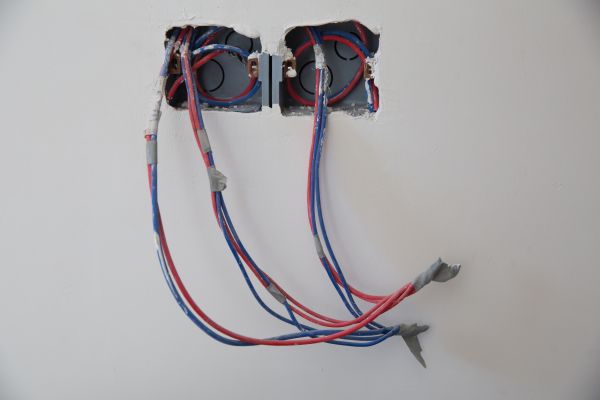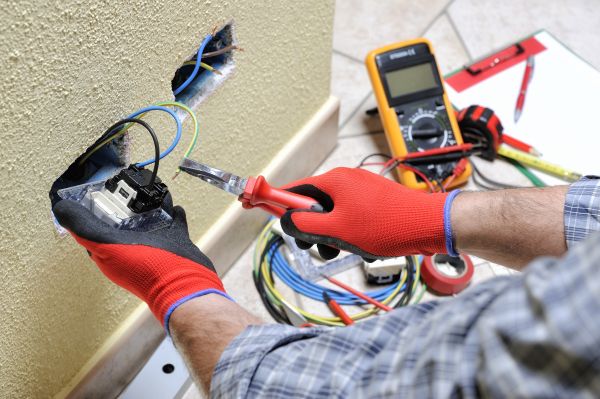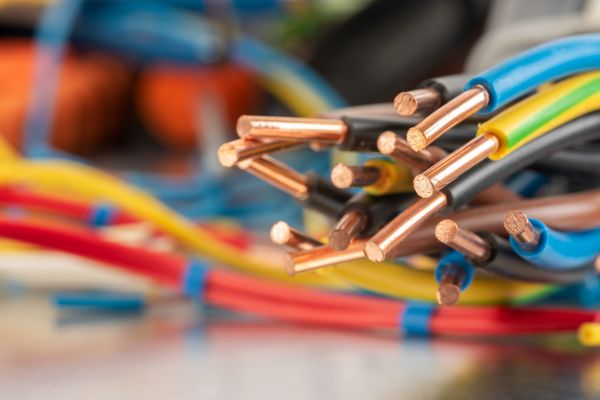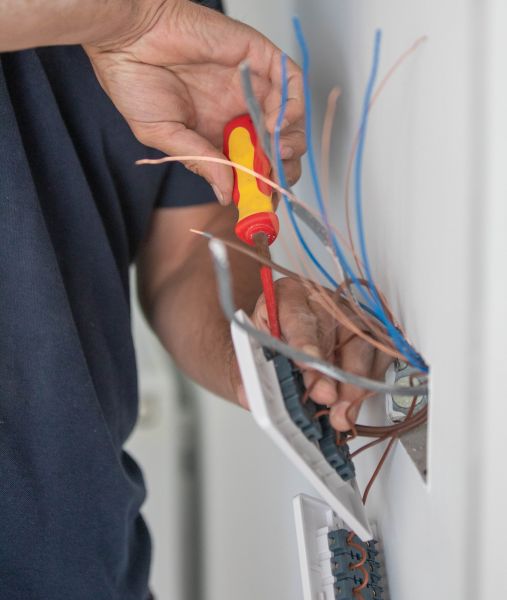Residential Electrical Wiring Service
Affordable Residential Electrical Wiring
Residential electrical wiring is a critical component of any home, providing the infrastructure needed to power everything from lighting and appliances to heating and cooling systems. It involves the installation and maintenance of electrical systems that ensure a safe and efficient flow of electricity throughout the house. Proper residential wiring is essential for the safety of the home's occupants and the longevity of the electrical system. Without it, homes are at risk for electrical hazards such as fires and electrocution. Additionally, well-designed wiring supports modern conveniences and enhances the home's overall functionality and value.
Benefits of Residential Electrical Wiring
-
Safety and Security
Proper residential electrical wiring significantly reduces the risk of electrical fires, shocks, and other hazards. By adhering to safety standards and codes, professional wiring ensures that all electrical components function correctly, providing peace of mind to homeowners. -
Energy Efficiency
Modern residential wiring can enhance energy efficiency by supporting advanced technologies and smart home systems. This can lead to reduced energy consumption and lower utility bills, making the home more environmentally friendly and cost-effective over time. -
Increased Home Value
Homes with updated and professionally installed electrical systems often have higher market value. Potential buyers are more likely to invest in a property that promises safety, efficiency, and the capacity to support modern electrical demands. -
Reliability and Performance
A well-wired home ensures consistent electrical performance, reducing the likelihood of power outages and electrical failures. This reliability is crucial for maintaining the functionality of essential household appliances and systems.
FAQs About Residential Electrical Wiring
What are the signs that my home needs electrical rewiring?
Common signs include frequent circuit breaker trips, flickering lights, discolored or warm outlets, and outdated wiring materials such as knob-and-tube wiring. If you notice any of these, consider a professional inspection.
How often should residential wiring be inspected?
It's generally recommended to have a professional inspection every 3 to 5 years, especially in older homes. Regular inspections can identify potential issues before they become serious problems.
Can I do my own electrical wiring?
While some minor electrical tasks can be DIY projects, most wiring should be handled by a licensed electrician to ensure safety and compliance with local codes.
What is the cost of residential electrical wiring?
The cost varies based on the size of the home, the complexity of the installation, and local labor rates. It's best to obtain a detailed quote from a qualified electrician to understand the specific costs involved.
Fill out the contact form today to request professional Residential Electrical Wiring services! Experience the benefits of enhanced safety, energy efficiency, increased home value, and reliable performance with expertly installed wiring.




